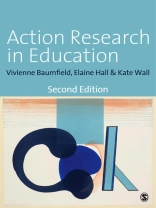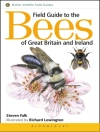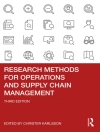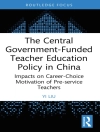Action Research in Education is an essential guide for any lecturer, teacher or student-teacher interested in doing research.
This exciting new edition of a popular text is an important resource for any education professional interested in investigating learning and teaching. Building on the success of Action Research in the Classroom , the authors have revised, updated and extended this book to include examples from further and higher education.
It maps out easy-to-follow steps for usefully applying an action research approach and is full of practical tips and examples of real practitioner research projects from a range of schools, colleges and universities.
This book will help teachers to:
– understand and apply practitioner inquiry
– enhance their problem-solving skills
– locate their own activity in a wider context
– maximise opportunities to develop practice
– evaluate the needs of their learners
Clear, pragmatic and timely, this is a must-have text for all teachers and students of education.
Vivienne Baumfield is Professor of Pedagogy, Policy and Innovation in the School of Education, University of Glasgow
Elaine Hall is Lecturer in Research Methods, School of Education, Communication and Language Sciences, Newcastle University
Kate Wall is Senior Lecturer in the School of Education, Durham University
Mục lục
Introducing Practitioner Enquiry
Understanding Practitioner Enquiry
Ways of Being a Practitioner Enquirer: Beliefs, Ethics and Practice
How to Do a Practitioner Enquiry: Finding and Refining a Question
How to Do a Practitioner Enquiry: Deciding on an Approach and Complementary Methods
Taking Account of Learner Perspectives in Your Enquiry
Exploring Your Own and Your Colleagues′ Professional Knowledge
Engaging with the Views of Families and the Wider Community
Making Sense of It, Making Connections and Bringing It Together
Sharing Your Findings, Finding New Questions
Index
Giới thiệu về tác giả
Kate Wall is Professor of Education at the University of Strathclyde. A primary teacher by background, her work is characterised by enquiry-based partnership with children and practitioners of all ages and stages.












